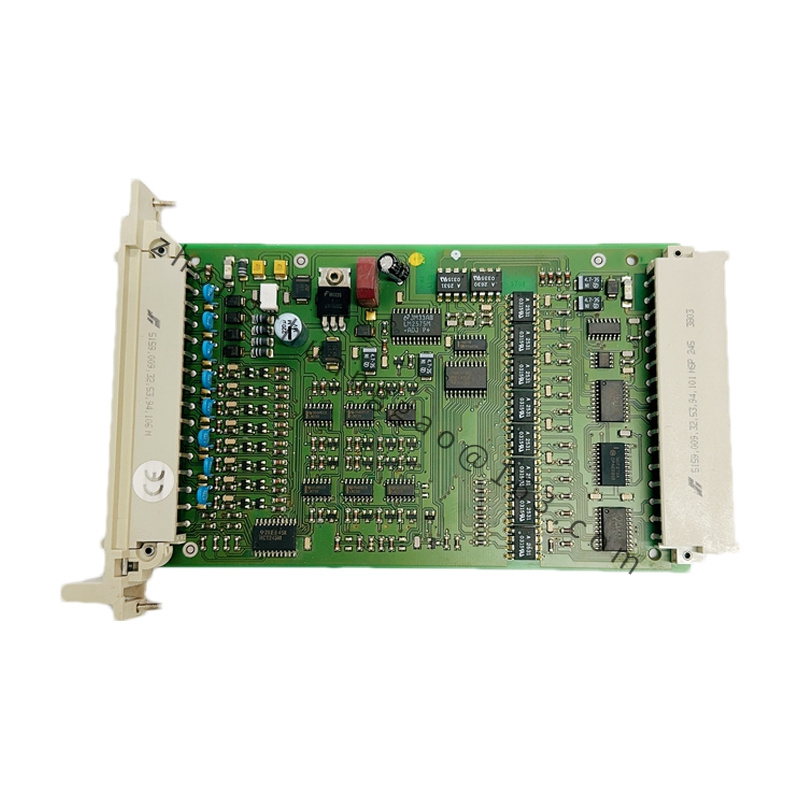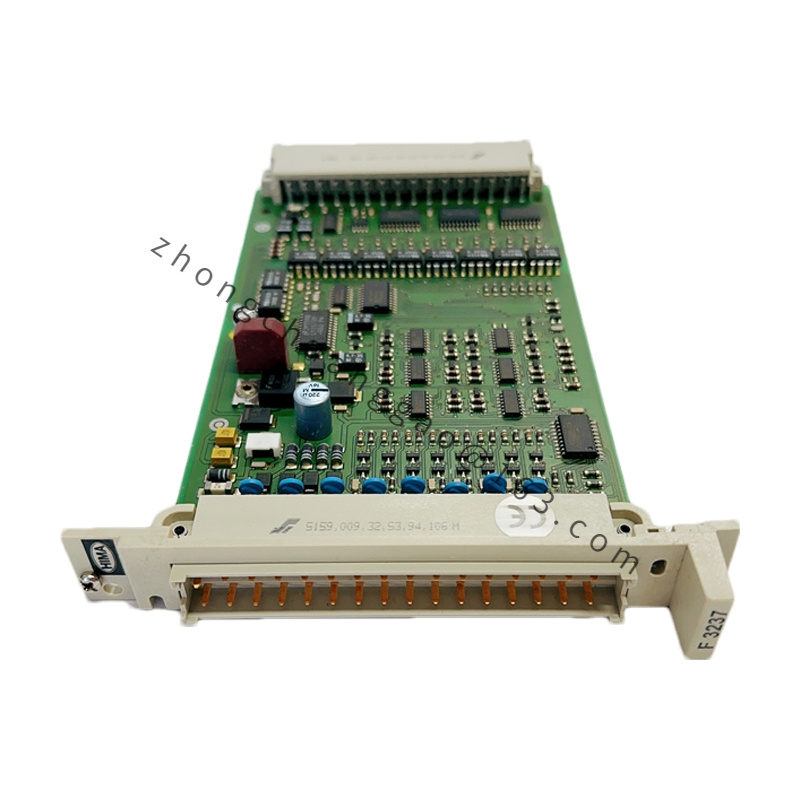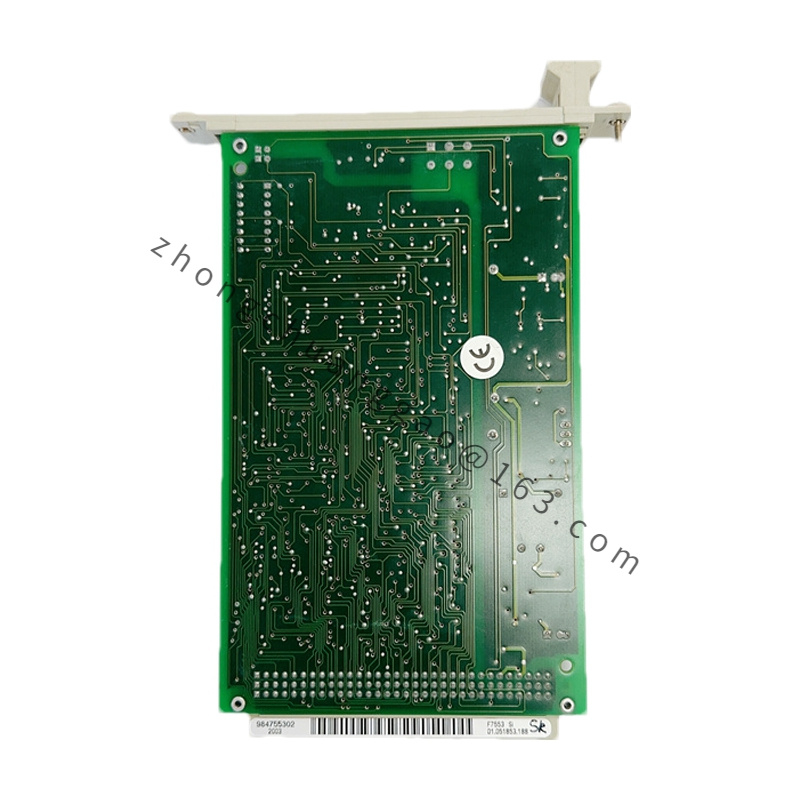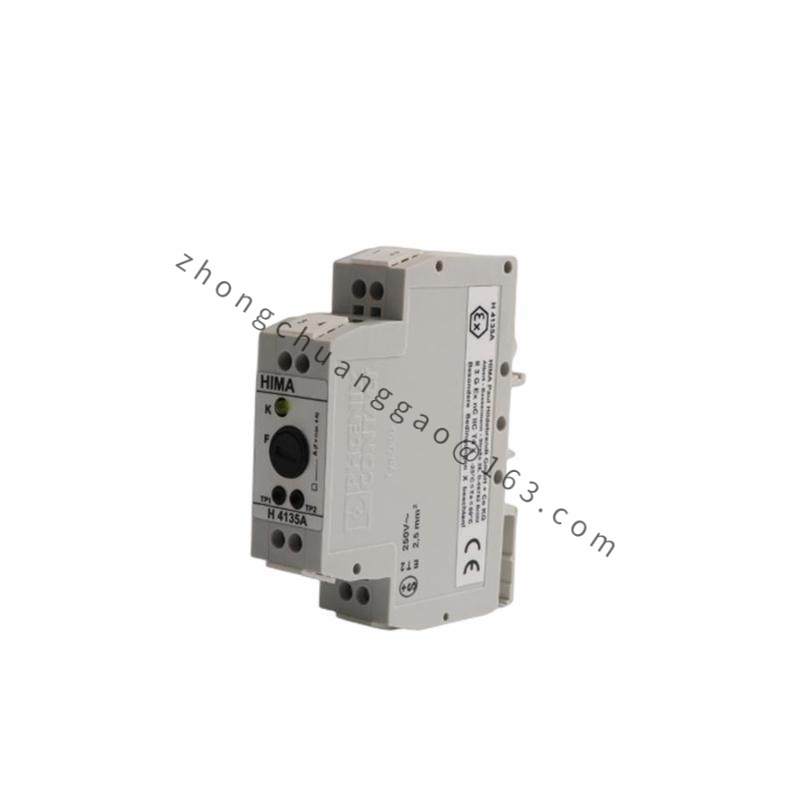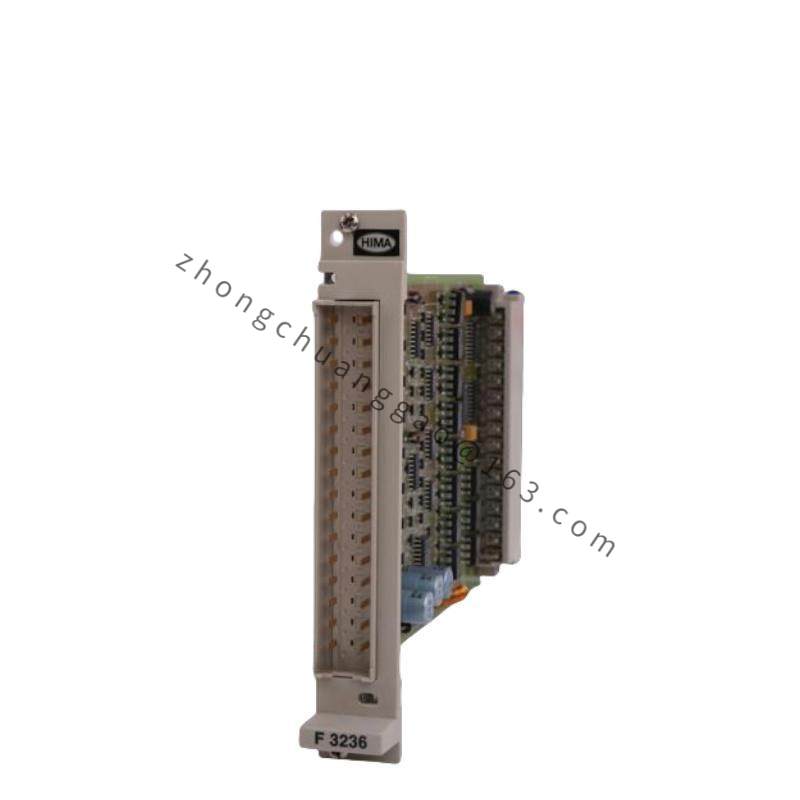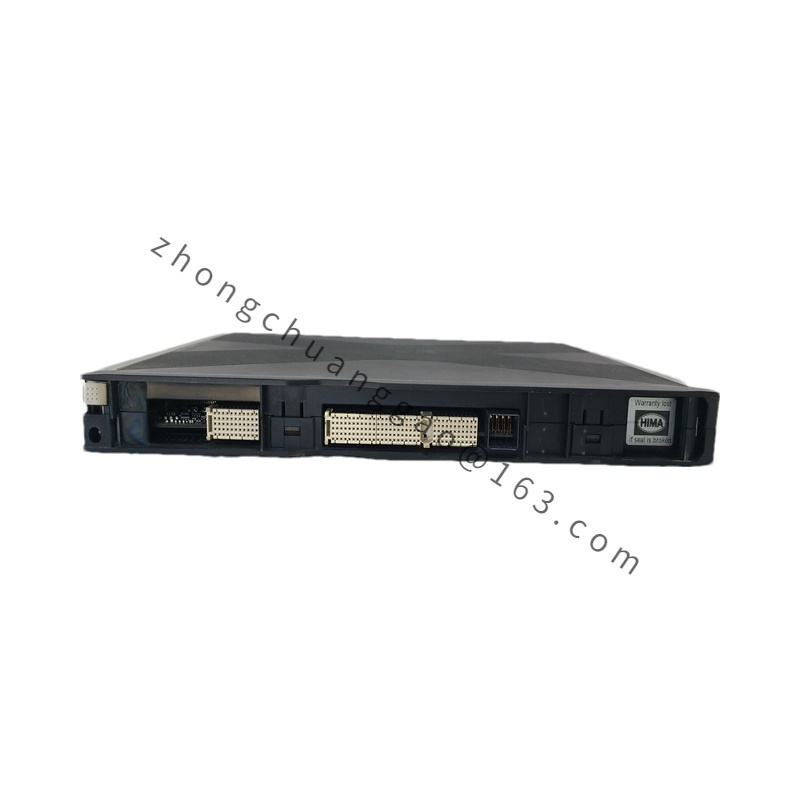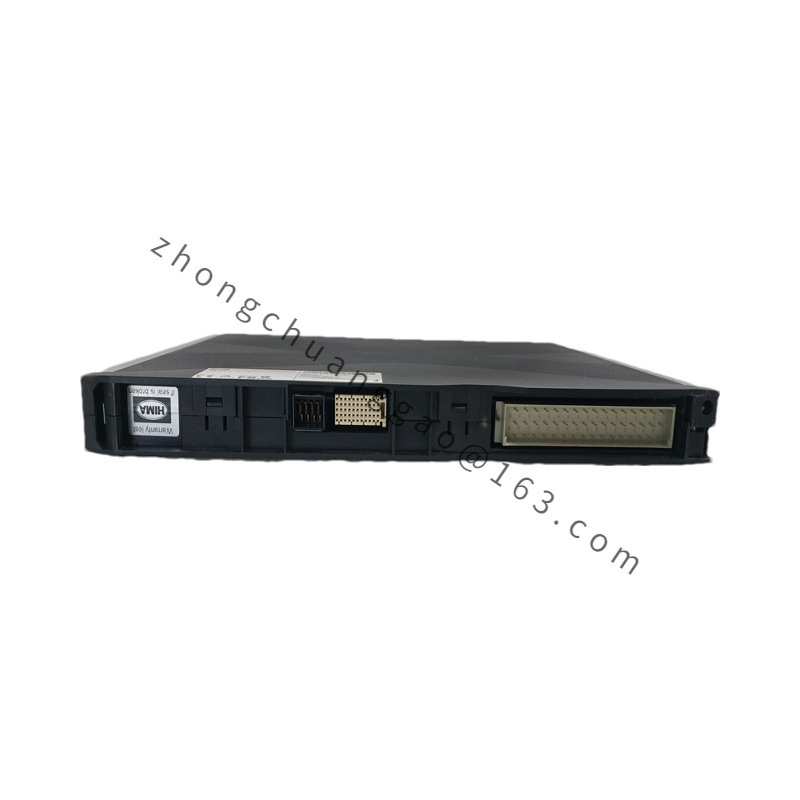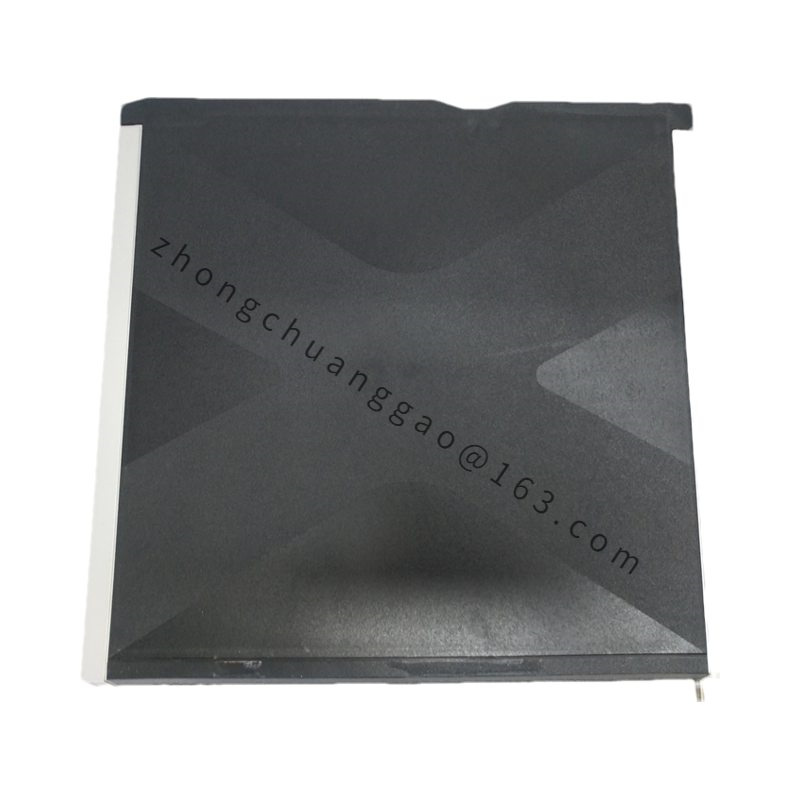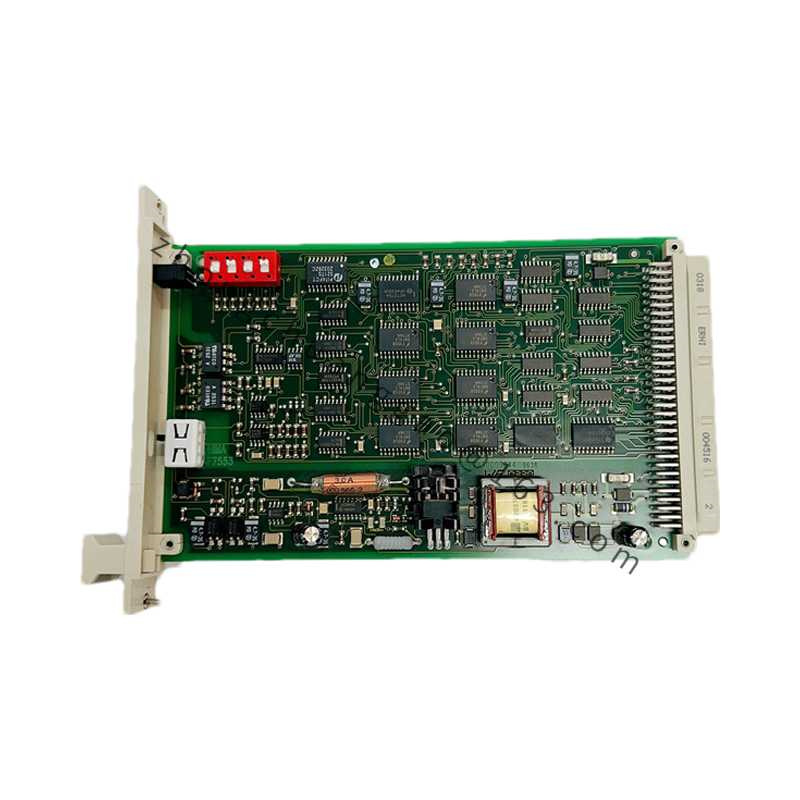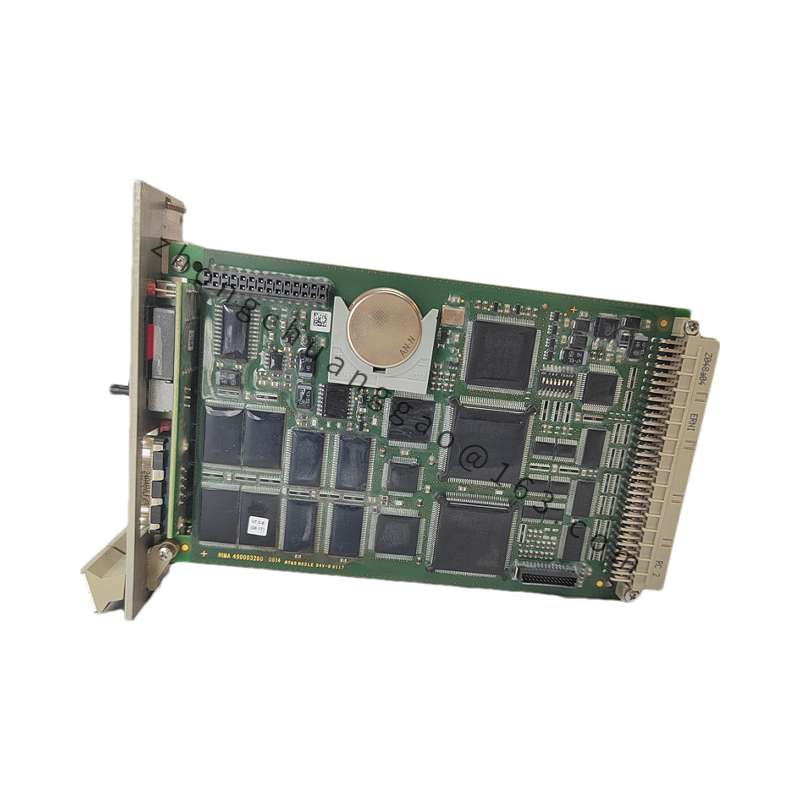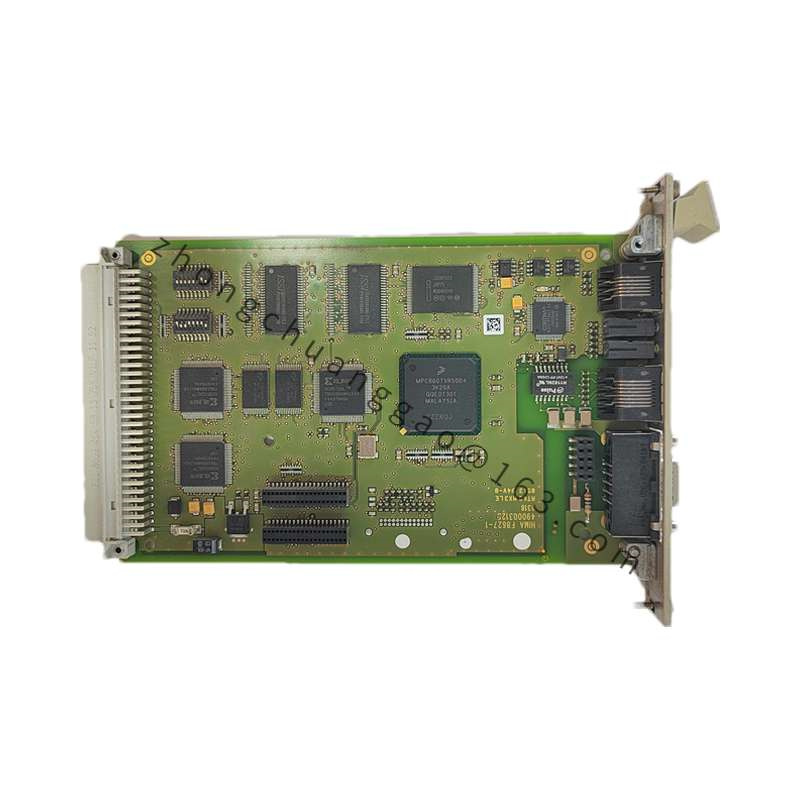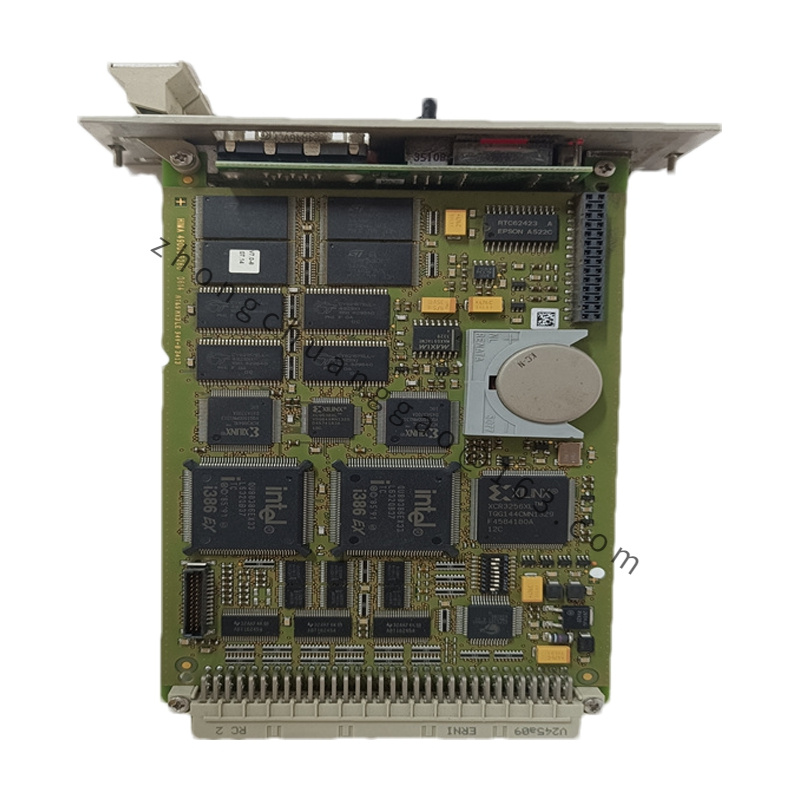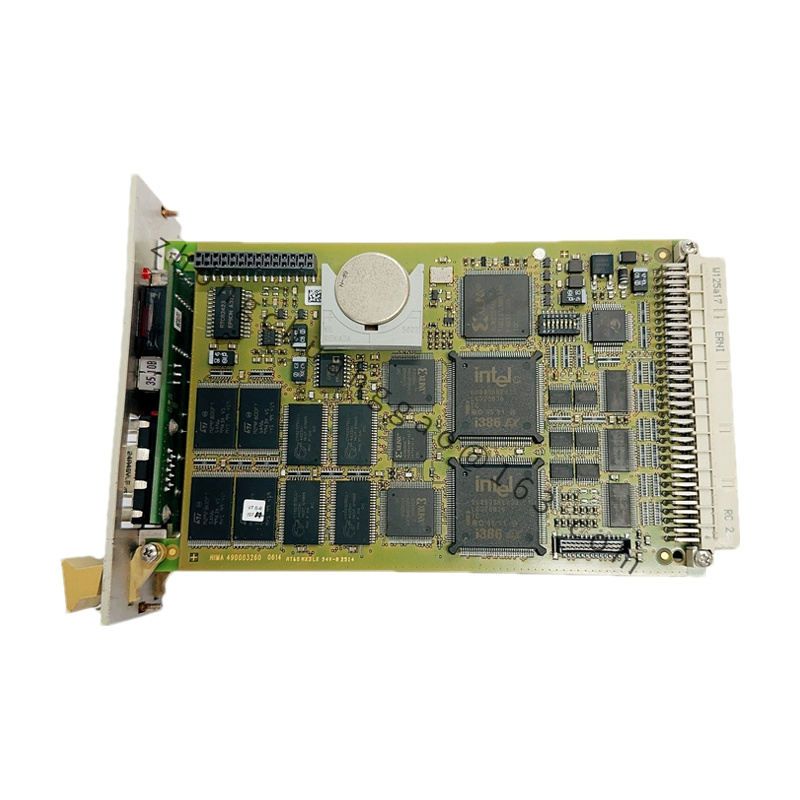Detailed content
Technical Specifications:
- Model: HIMA F3237 984323702
- Type: Safety I/O Module
- Power Supply: Typically operates on 24V DC.
- Input/Output Channels:
- Inputs: 16 digital inputs (can be used for binary signals such as ON/OFF).
- Outputs: 16 digital outputs (can be relay or transistor outputs depending on the specific configuration).
- Signal Level: Designed to handle standard digital logic levels for both input and output channels.
- Isolation: Provides electrical isolation between input and output channels to prevent signal interference and ensure safety.
Features:
- Safety Integrity: Designed to meet high safety integrity levels, usually SIL3 or SIL4, complying with standards such as IEC 61508 and ISO 13849.
- Redundancy: Often includes redundancy features to ensure continuous operation and high reliability in safety applications.
- Diagnostic Capabilities: Equipped with diagnostic functions to monitor the health of the module and detect faults.
- Modular Integration: Part of HIMA’s modular system, allowing for easy integration into safety controllers and other control systems.
- Real-Time Processing: Provides real-time data processing to manage safety-critical functions and respond promptly to faults.
Applications:
- Industrial Automation: Used in various industries, including oil and gas, chemical processing, and power generation, to ensure safe and reliable operation.
- Process Control: Ideal for safety-related applications where high-integrity input/output functions are critical.
- Machine Safety: Ensures safe operation of machinery by managing safety inputs and outputs effectively.
Benefits:
- Enhanced Safety: Contributes to high safety integrity by reliably managing input and output signals in safety systems.
- Compliance: Helps achieve compliance with industry safety standards and regulations.
- Flexibility: Provides versatility for integration into different safety and control systems, accommodating various application requirements.

